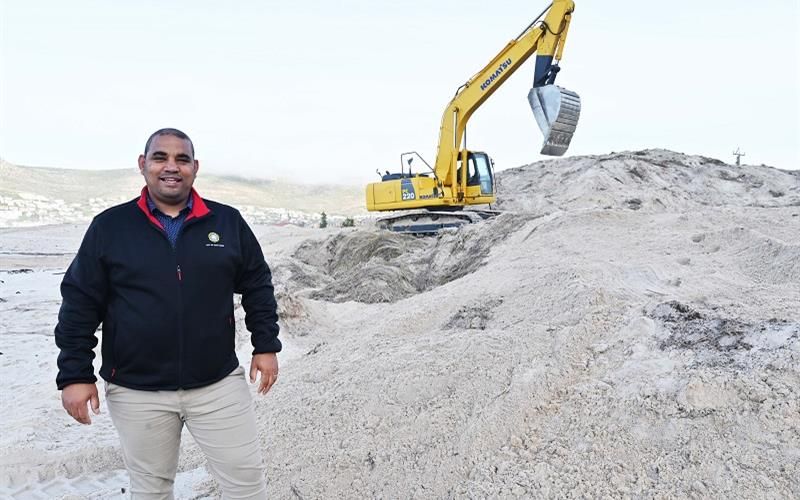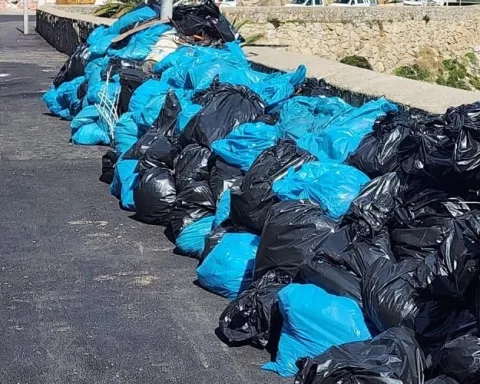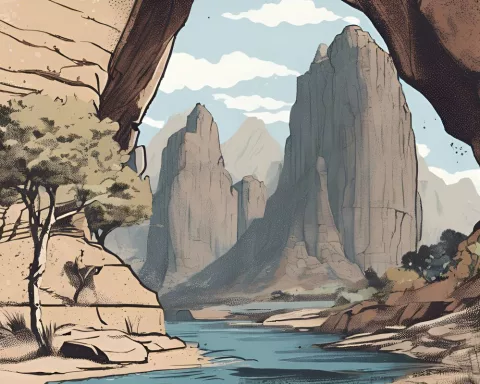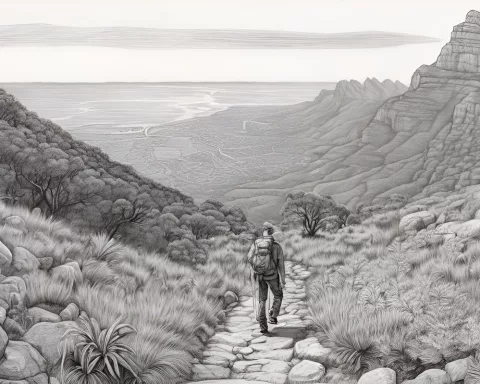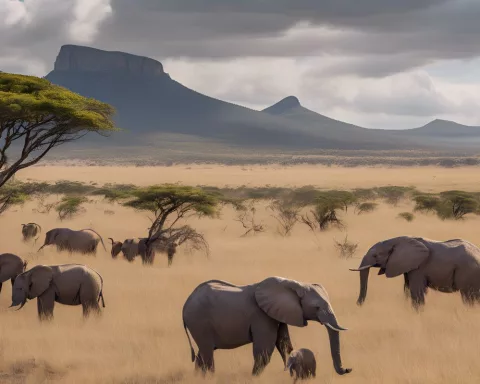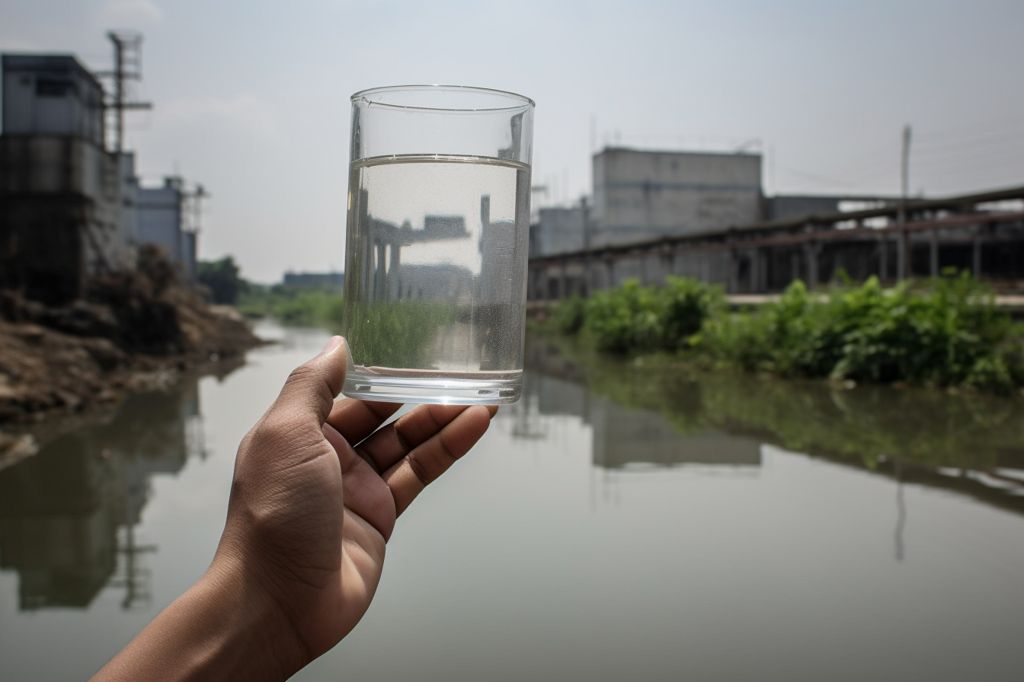The City of Cape Town’s Coastal Management team has been working on a significant project to rehabilitate the Fish Hoek beach dunes. The project’s primary objective is to reprofile the dunes and create a profile more characteristic of fore-dunes, with a broader base and flatter profile that will trap windblown sand. This will safeguard public and private infrastructure near the beach, reducing sand accumulation on buildings, roads, and railway tracks.
A Vital Project for Coastal Protection
Alderman Eddie Andrews, Deputy Mayor and Mayoral Committee Member for Spatial Planning and Environment, recently visited the site to survey the progress. The Fish Hoek dune rehabilitation project spans 1.5 kilometers of coastline and aims to revegetate the dunes with various coastally adapted plant species, similar to the successful model implemented at Hout Bay.
Approximately 22,710 plants will be salvaged from the dune system and reused, with a total of 82,670 plants slated for planting. Once the vegetation is well-established, the dunes will be easier to maintain over the long term.
Project Implementation and Tasks
The earthworks for the Fish Hoek dune rehabilitation project are almost complete, and the project’s full implementation is anticipated by July 2024. The Coastal Management team aims to accomplish as much as possible during the winter months to avoid the strong winds of summer.
Over the next 12 months, several crucial tasks will be undertaken along the beach, including reprofiling and vegetating the dunes, installing an irrigation system to encourage vegetation growth, placing dune nets to facilitate stabilization, trapping, and placement of windblown sand within the dune area, restoring coastal infrastructure, and cleaning the beach.
Protecting the Area’s Natural Beauty
The Fish Hoek beachfront stretches from the Galley restaurant in the south to Clovelly in the north east and is a prime tourist attraction and popular recreational area. It also serves as a renowned whale-watching spot during spring. The Coastal Management Branch has incorporated the Fish Hoek dune system into its dune management plan, alongside Witsand, Kommetjie, Hout Bay, Table View, and Gordon’s Bay.
Tips for Visitors
While the beach remains open to the public, everyone is advised to avoid areas where work is being carried out, keep dogs on a leash, and access the beach only through designated pathways. Overall, the Fish Hoek dune rehabilitation project offers a sustainable solution for coastal protection and preserving the natural beauty of the area.

